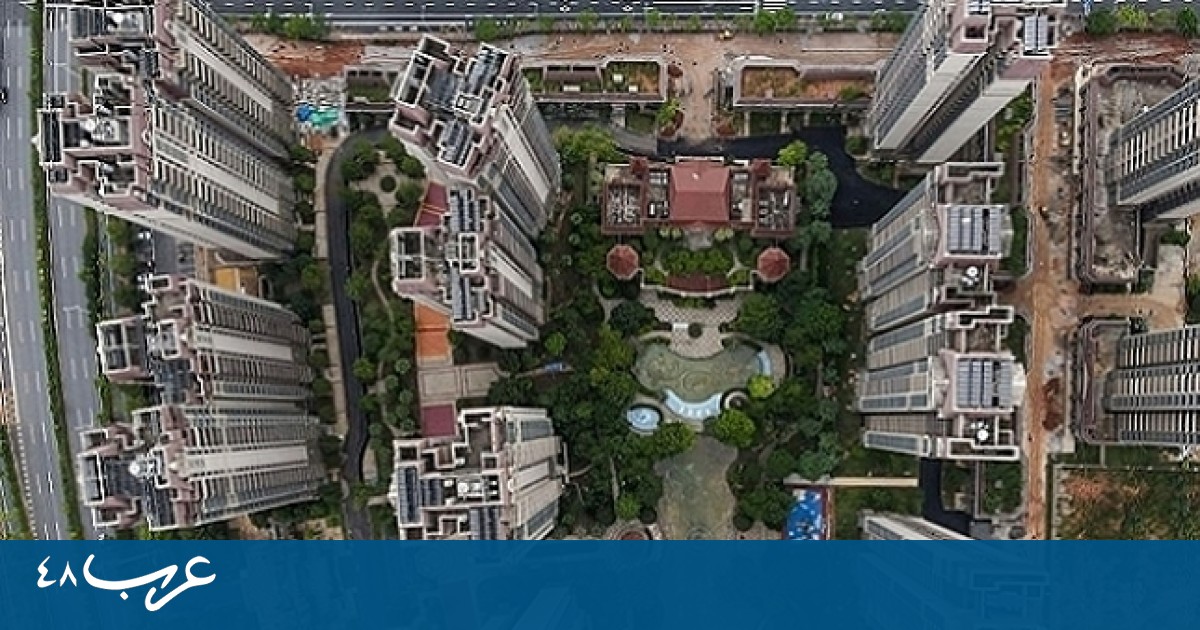Shanghai Eases Property Crisis with New Measures
In an unprecedented move, Shanghai has relaxed its stringent property-buying regulations. This strategic policy shift aims to revitalize the declining real estate market, a vital component of China's economy.
Published May 29, 2024 - 00:05am

Image recovered from arab48.com
In a decisive action to combat a serious property crisis that has become a significant burden on its economy, Shanghai, one of China's economic powerhouses, has implemented new measures to ease its real estate purchasing restrictions. The move came after a decade-long period during which numerous cities across China had imposed rigorous credit requirements and limitations to cool down the soaring prices and rampant speculation.
Under the updated policies, the mandatory residency period before one is eligible to buy property in Shanghai has been reduced from five to three years, reflecting a broader trend across major Chinese cities such as Hangzhou and Xi'an. Additionally, first-time homebuyers in the capital, Beijing, will benefit from reduced minimum down payments, reaching historically low levels. Shanghai has also decreased the minimum down payment for commercial residential mortgages to 20% and will allow families with two or more children to purchase additional homes, facilitating property ownership for residents and invigorating the city's housing demand.
The central government has recently introduced measures designed to rescue the real estate and construction sectors, which previously represented a staggering quarter of the country's Gross Domestic Product (GDP). The authorities are reportedly prepared to purchase some unused commercial properties as part of the broader plan to address the developers' debt crisis, though further details on the number of homes the government might acquire have not been disclosed.
The new regulatory easing is a calculated risk for the Shanghai municipal government as it attempts to navigate between reviving its local housing market and avoiding a relapse into the unfettered speculation that had characterized the real estate market of the past. This cautious optimism is mirrored in other parts of the country, where similar adjustments are being made to stimulate purchasing while maintaining market stability.
The policy shift is partly a response to the concerns raised by the substantial debts amassed by property developers, triggering liquidity shortages and stalled construction projects. Among those, high-profile cases such as the Evergrande Group have prompted a reconsideration of the financing models for real estate development in China. By enabling more purchases, the government aims to inject liquidity into the sector, facilitate the completion of projects, and stabilize the financial situation of developers.
Aside from direct implications on home ownership and real estate investment, there are potential socioeconomic outcomes anticipated from these policy changes. Young professionals and entrepreneurs, who may have formerly been priced out of the market, could now find opportunities to invest in property, ideally fostering a sense of stability and community within the urban centers. Moreover, these measures could help alleviate some pressures on the rental market, which has seen its own share of price inflations and demand issues.
The impact of the policy changes on the real estate market will also be a test of confidence in the Chinese economic outlook at a broader scale. International investors have been closely observing market indicators and policy directions to gauge the country's capability to manage its debt levels and maintain economic growth. The housing market reforms will be an important indicator of the Chinese government's agility in economic management amid global economic shifts.
Furthermore, the decision could influence urban planning and development trends, as eased purchasing restrictions may spawn new residential construction and accelerate the growth of infrastructure to support expanding urban populations. Shanghai's measures also reflect an understanding that a healthy real estate market is vital for consumer confidence and overall economic vitality.
As these new policies unfold, the eyes of the world will be on Shanghai and other Chinese cities taking similar steps. The outcomes will be scrutinized for lessons on managing urban growth, economic resilience, and the balancing act between regulation and market dynamics. It remains to be seen how this recalibration of the real back will play out in the long run, but for now, a cautious sense of optimism is pervading across stakeholders—from policymakers to homebuyers and international investors alike.







